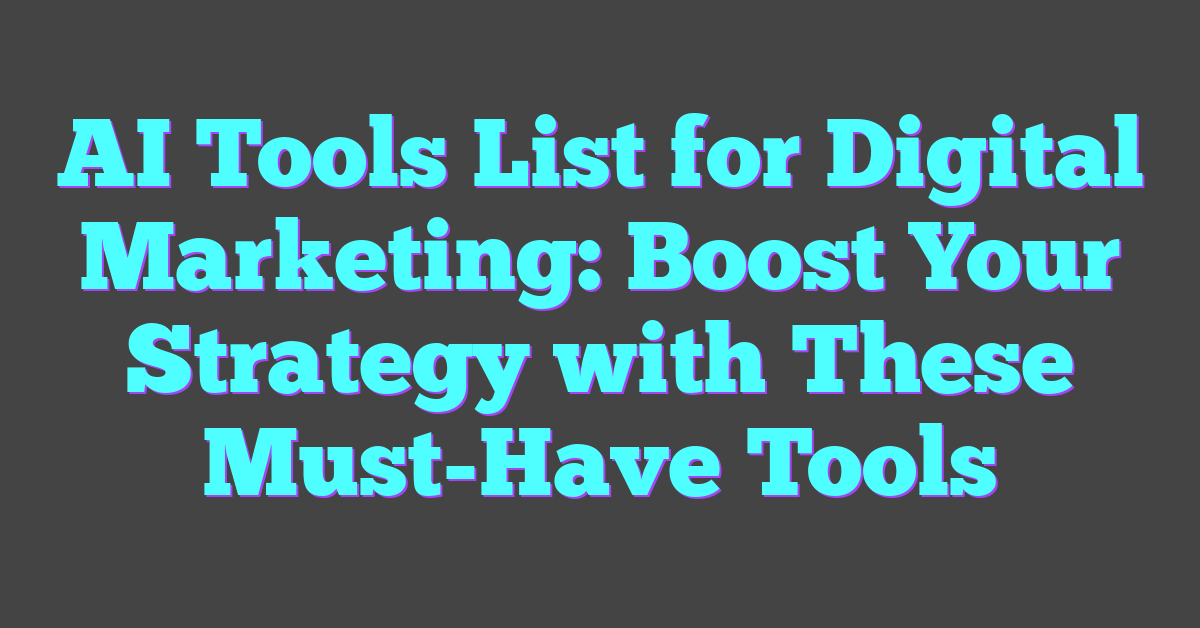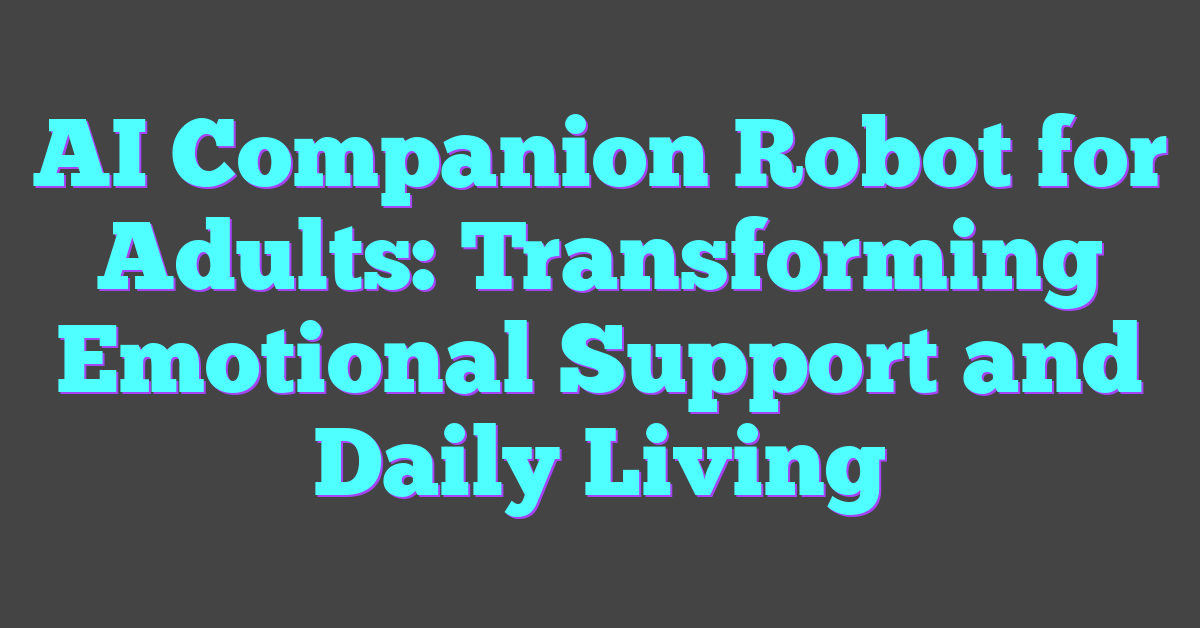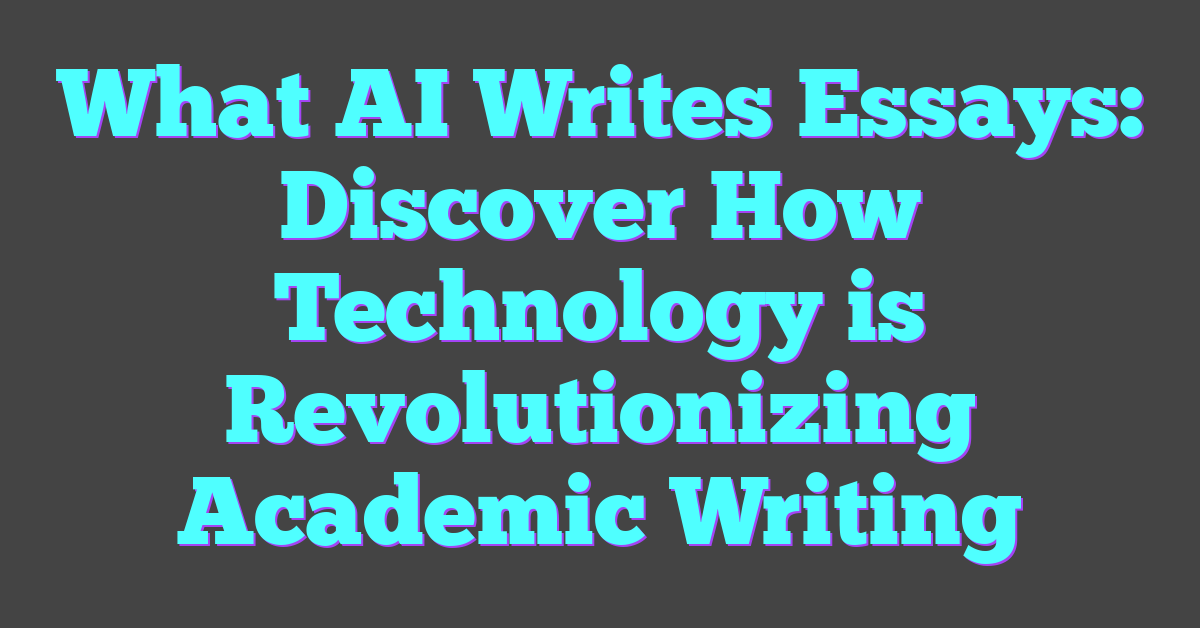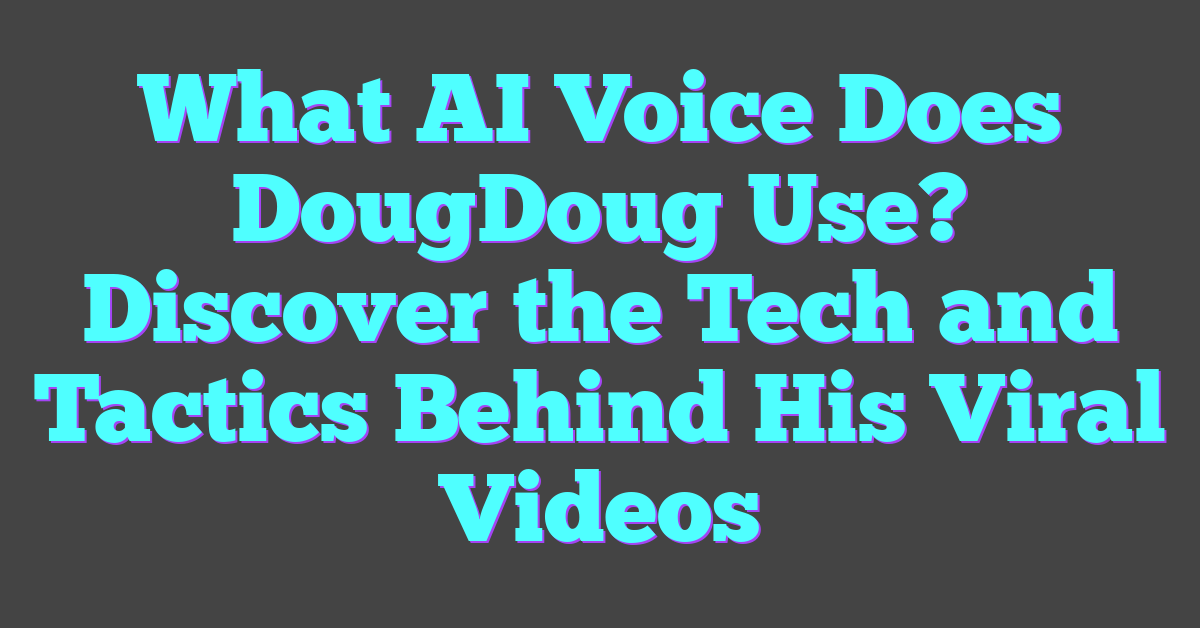In the ever-evolving world of digital marketing, staying ahead of the curve can feel like a full-time job. With the rise of AI tools, marketers now have powerful allies to help them streamline their strategies, analyze data, and engage with their audience more effectively. These tools are transforming how businesses approach marketing, making it more efficient and targeted.
AI tools can handle everything from content creation to customer segmentation, freeing up valuable time for marketers to focus on creative strategies. Whether you’re a seasoned pro or just starting out, incorporating AI into your digital marketing toolkit can give you a significant edge. Let’s explore some of the top AI tools that can revolutionize your marketing efforts.
Evolution of AI in Digital Marketing
AI has revolutionized digital marketing, ushering in a new era of efficiency, precision, and creativity. The emergence of machine learning and AI tools has transformed traditional marketing methods, shifting them towards more data-driven, automated processes.

The Shift from Traditional to AI-Driven Techniques
Traditional marketing relied heavily on manual data collection, segmentation, and repetitive tasks. These processes were not only time-consuming but also prone to errors. With AI-driven techniques, many of these tasks have become automated. For instance, AI tools can now analyze vast quantities of data in real-time, segment audiences, and even predict consumer behavior. Machine learning algorithms identify patterns and trends far more quickly than human analysts.
Examples of AI-driven techniques include automated ad placement, personalized email campaigns, and conversational chatbots. These innovations not only save time but also enhance the accuracy of marketing strategies, allowing marketers to focus on creativity and strategy rather than mundane tasks.
Impact on Digital Marketing Strategies
AI impacts digital marketing strategies by making them more targeted and data-informed. AI tools analyze user behavior and preferences, providing insights that help marketers create highly personalized campaigns. Predictive analytics, for example, anticipates future consumer behaviors based on past data, allowing marketers to optimize their strategies proactively.
AI-powered content creation tools generate high-quality content tailored to specific audience segments, ensuring relevance and engagement. Additionally, AI enhances customer relationship management by enabling real-time interaction through chatbots and virtual assistants. These AI applications improve customer experience, foster loyalty, and drive higher conversion rates.
Below is a table showcasing the traditional and AI-driven methods:
| Aspect | Traditional Techniques | AI-Driven Techniques |
|---|---|---|
| Data Collection | Manual surveys and market research | Automated data analysis and machine learning |
| Audience Segmentation | Demographic-based grouping | Behavior-based, real-time segmentation |
| Task Automation | Manual tasks | Automated workflows and processes |
| Customer Interaction | Human-based customer service | Chatbots and virtual assistants |
| Content Creation | Human-written content | AI-generated personalized content |
AI’s integration into digital marketing continues to evolve, making strategies more efficient and effective every day.
Key AI Tools for Content Creation
AI tools enhance content creation by making the process faster, more efficient, and highly personalized. These intelligent systems assist in generating text, designing graphics, and even optimizing content for better engagement.
AI Writing Assistants
AI writing assistants streamline the content creation process by generating well-structured text quickly. Tools like Grammarly, Jarvis (now Jasper), and Copy.ai not only correct grammar but also offer stylistic suggestions and content ideas, improving overall writing quality. Grammarly, for example, identifies grammatical errors, refines writing style, and ensures clarity. In contrast, Jasper, which uses GPT-3, creates human-like text based on prompts. These tools benefit marketers by saving time and generating creative content tailored to specific audiences.
Automated Graphic Design Tools
Automated graphic design tools assist in creating visually appealing graphics without requiring extensive design skills. Tools like Canva, Designs.ai, and Adobe Spark use AI to offer design templates, styling suggestions, and automated color schemes. Canva provides user-friendly drag-and-drop features with a wide range of templates, while Designs.ai generates logos, videos, and banners based on user input. Adobe Spark enables users to create social media graphics, web pages, and video stories effortlessly. These tools empower digital marketers to quickly produce professional-quality visuals, enhancing content engagement and effectiveness.
By leveraging AI in these areas, content creators can focus more on strategic planning and creative storytelling, making content marketing more effective and efficient.
AI Tools for Enhanced Customer Engagement
Artificial intelligence has revolutionized how businesses engage with customers. Leveraging AI tools enables digital marketers to personalize and streamline interactions, enhancing customer satisfaction and loyalty.
Chatbots for Personalized Interaction
Chatbots use natural language processing and machine learning to facilitate real-time, personalized interactions with customers. Using AI, chatbots can answer queries, provide product recommendations, and handle customer service tasks, creating a seamless customer experience. For instance, platforms like Drift and Intercom enable custom chatbot creation that can drive user engagement by providing instant, accurate responses. Integrating chatbots with CRM systems personalizes interactions further by using customer data to tailor responses based on past interactions.
Recommendation Engines for a Customized Experience
Recommendation engines analyze user data to deliver personalized content, products, or services. AI-driven systems such as Amazon’s recommendation algorithm suggest products based on a user’s browsing history and purchasing behavior. Tools like Dynamic Yield and Adobe Target allow marketers to provide customized experiences by predicting user preferences and behavior. This not only increases conversion rates but also enhances customer satisfaction by presenting relevant suggestions, leading to a more engaging user experience.
Incorporating AI tools into digital marketing strategies doesn’t just streamline operations; it creates richer, more personalized interactions that can significantly boost customer engagement.
AI Analytics Tools for Digital Marketing
AI analytics tools transform digital marketing by enabling precise data interpretation and insights-driven strategies. These tools enhance the ability to accurately predict and respond to market trends, thus empowering marketers.
Predictive Analytics for Customer Insights
Predictive analytics uses machine learning algorithms to forecast future customer behavior by analyzing historical data. Tools like IBM Watson, Salesforce Einstein, and Microsoft Azure ML predict customer churn, purchase likelihood, and lifetime value. This enables targeted campaigns, increasing conversion rates.
- IBM Watson: Utilizes machine learning to identify patterns in customer data, offering actionable insights.
- Salesforce Einstein: Integrates with CRM data, providing predictive lead scoring and opportunity insights.
- Microsoft Azure ML: Delivers scalable predictive models to support marketing decisions.
Real-Time Data Analysis Technologies
Real-time data analysis technologies process and analyze data as it’s generated, providing instant insights. These tools, such as Google Analytics, Tableau, and Mixpanel, allow marketers to make data-driven decisions swiftly and improve campaign performance.
- Google Analytics: Offers comprehensive real-time data tracking for website and ad performance.
- Tableau: Visualizes real-time data, making complex information easily digestible.
- Mixpanel: Analyzes user interaction data to optimize engagement and retention strategies.
By integrating these AI analytics tools, digital marketers can navigate a data-rich environment efficiently, improving accuracy and operational efficiency in real-time.
Ethical Considerations and Challenges
AI tools enhance digital marketing but pose ethical challenges. These challenges need addressing to ensure responsible AI use.
Data Privacy Issues
Data privacy is crucial when leveraging AI tools. AI systems process vast amounts of user data (e.g., behavioral patterns, purchase history) to optimize marketing strategies. Without strict data privacy measures, there’s a risk of data misuse or breaches. Companies need robust data encryption and clear privacy policies to protect user information. Compliance with regulations like GDPR and CCPA ensures legal adherence.
Dependence on Technology
High dependence on AI tools in digital marketing can create vulnerabilities. If an AI system fails or is compromised, marketing operations may suffer significantly. Over-reliance on technology might diminish human creativity and strategic thinking. Balancing AI-driven automation with human oversight ensures resilience and innovation.
By addressing these ethical considerations and challenges, digital marketers can responsibly harness AI’s potential in their strategies.
Conclusion
AI tools are undoubtedly reshaping the landscape of digital marketing. They offer unparalleled opportunities for automation, precision, and personalized customer engagement. However, it’s crucial to navigate the ethical considerations and challenges that come with AI integration. Marketers must prioritize data privacy and legal compliance while maintaining a balance between AI-driven automation and human oversight. Embracing these tools responsibly can lead to innovative and effective marketing strategies that benefit both businesses and their customers.
Frequently Asked Questions
How are AI tools transforming digital marketing?
AI tools are transforming digital marketing by automating repetitive tasks, enhancing accuracy in data analysis, and improving the overall customer experience through personalized content and real-time interaction.
What are some examples of AI-driven automation in digital marketing?
Examples of AI-driven automation include chatbots for customer service, personalized email campaigns, and automated social media scheduling that optimizes posting times for maximum engagement.
How does AI improve customer experience in digital marketing?
AI enhances customer experience by personalizing content, providing real-time responses, and offering tailored recommendations based on user behavior and preferences.
Why is data privacy important in AI-driven digital marketing?
Data privacy is crucial as it ensures that customer information is protected and used ethically, maintaining trust and complying with legal standards such as GDPR and CCPA.
What are the ethical considerations of using AI in digital marketing?
Ethical considerations include ensuring data privacy, avoiding biased algorithms, maintaining transparency, and balancing AI automation with human oversight to make responsible marketing decisions.
How can businesses ensure legal compliance when using AI in digital marketing?
Businesses can ensure legal compliance by staying updated with regulations, implementing robust data protection measures, regularly auditing AI systems, and ensuring transparency in data usage.
What role do AI analytics tools play in digital marketing?
AI analytics tools help in precise data interpretation, providing valuable insights that drive data-driven strategies, optimize campaigns, and improve targeting accuracy.
Can AI completely replace human oversight in digital marketing?
No, AI cannot completely replace human oversight. A balance is needed to ensure ethical considerations, creativity, and strategic decision-making remain integral parts of digital marketing efforts.




